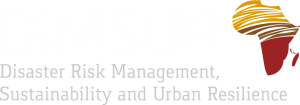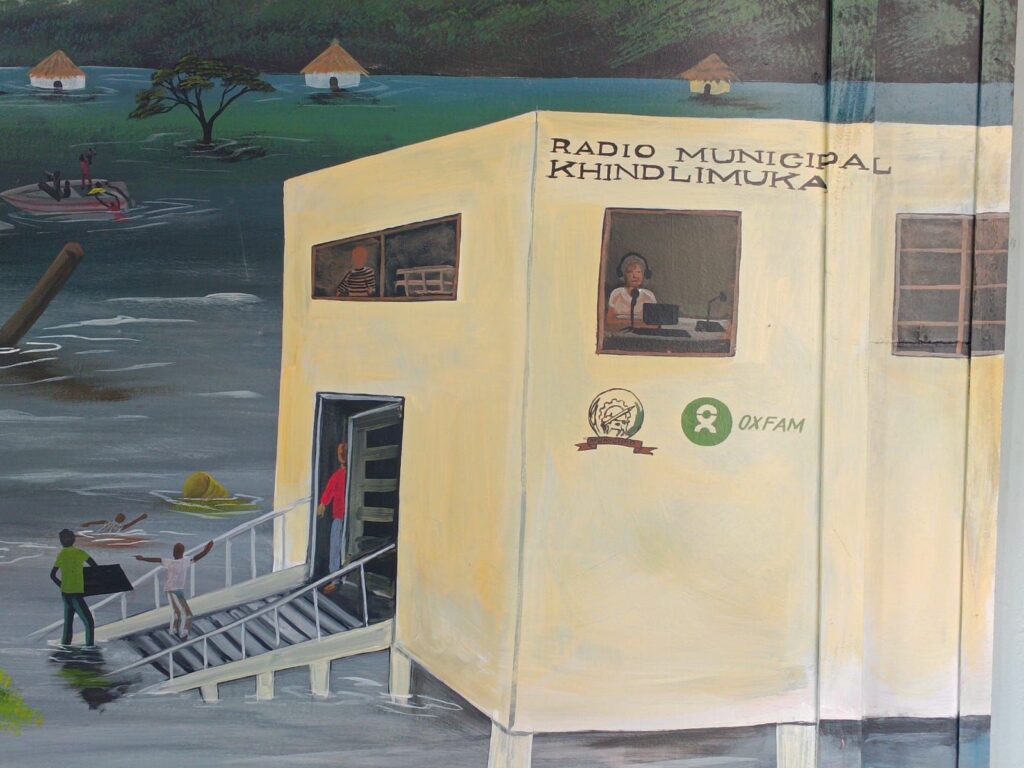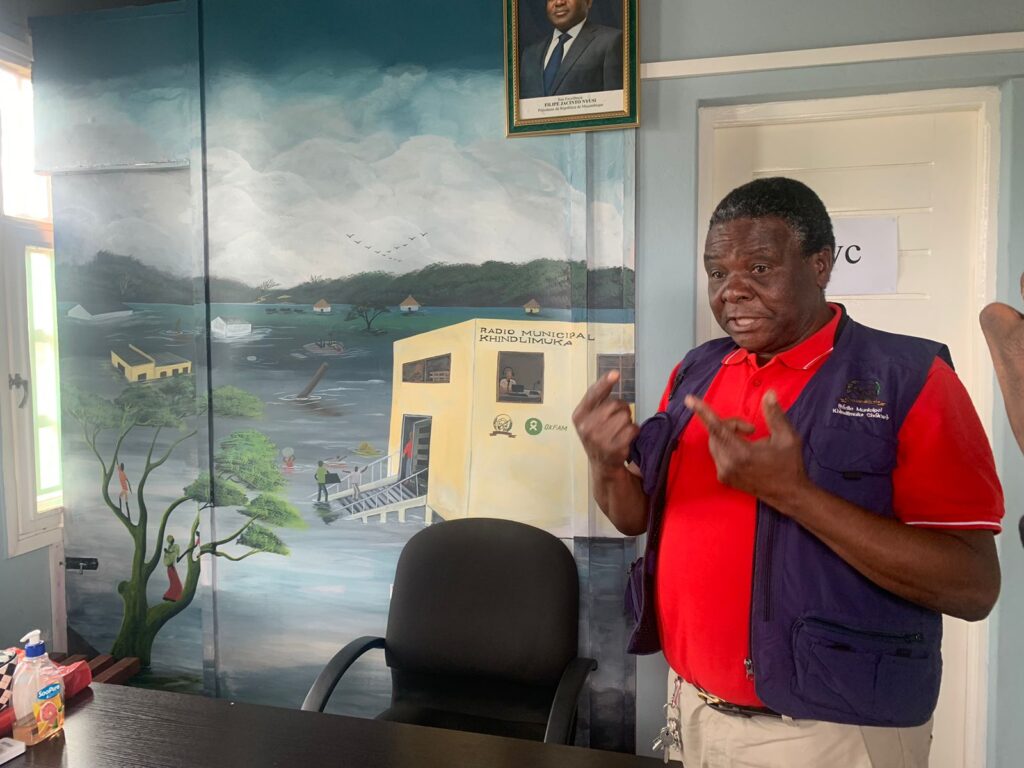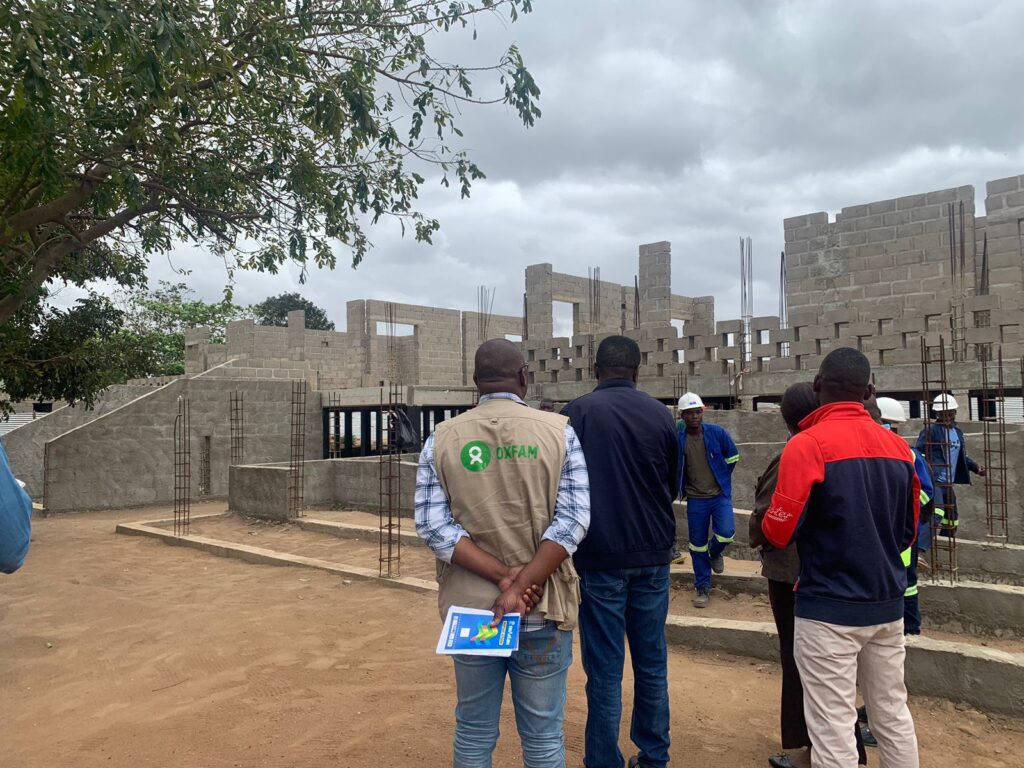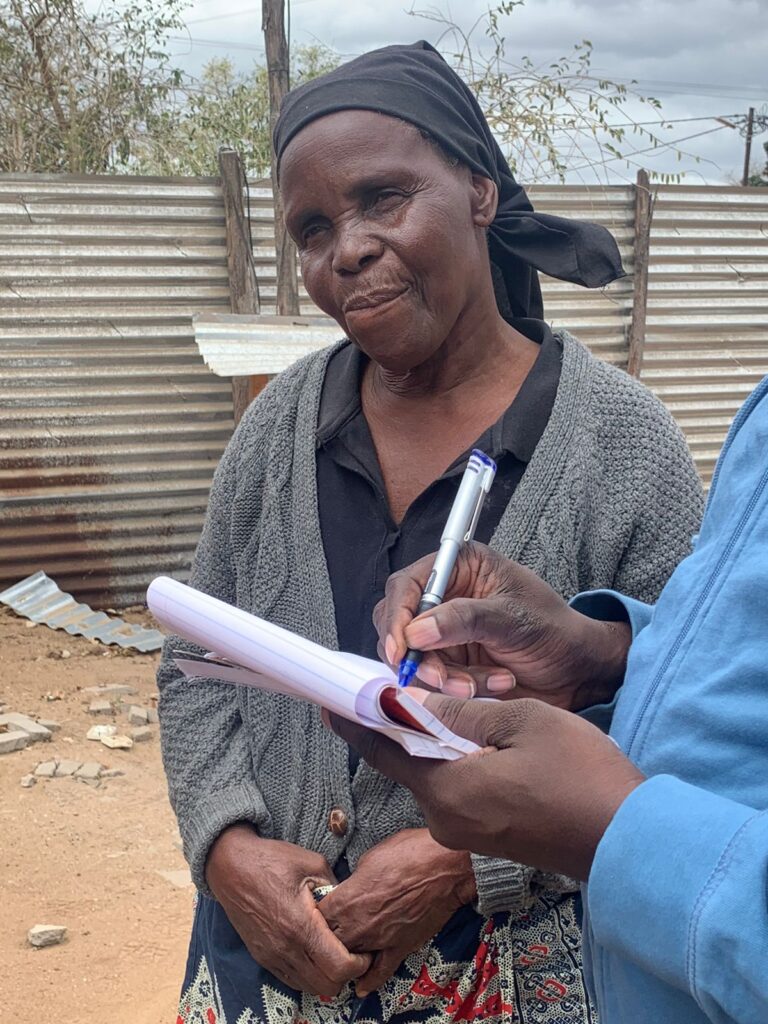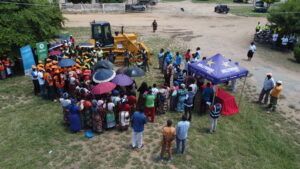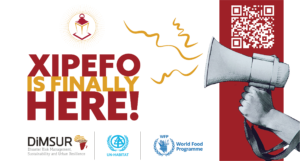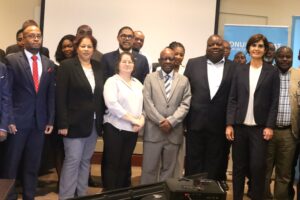
Mozambican government launches process to draw up a Regulation for Urban Disaster Risk Management and Climate Resilience
Mozambican government launches process to draw up a Regulation for Urban Disaster Risk Management and Climate Resilience March 26, 2024, 3:00 pm DiMSUR, AF, Mozambique
